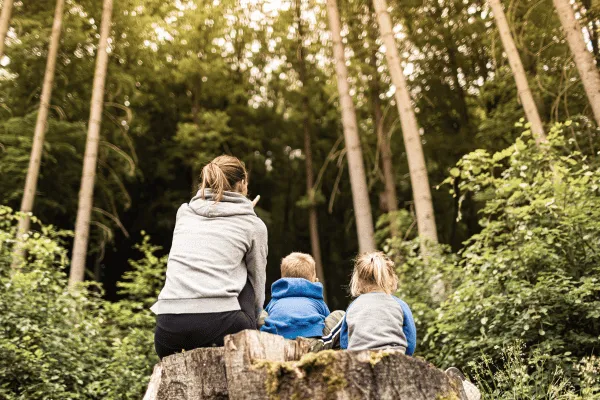
How do I Start Embedding Sustainability in My Early Childhood Setting?
Common Challenges in Embedding Sustainability in Early Childhood Settings
We hear the same challenges from ECEC leaders across the sector — and they’re real. But they’re also solvable when we shift the mindset and the approach.
🌱 “It Feels Too Overwhelming”
You don’t have to overhaul your whole service overnight. Sustainable practice is built step-by-step. Start small. Celebrate progress. One project, one reflection, one action at a time — that’s how meaningful change happens.
🌱 “Not Everyone on the Team is On Board”
Resistance is often a response to overwhelm or uncertainty. Begin with your curious early adopters. Invite collaboration, not compliance. When educators see that sustainability connects to what they already value — relationships, inquiry, wellbeing, community — the shift becomes exciting, not burdensome.
🌱 “We All Have Different Understandings of Sustainability”
That’s normal — and it’s why building shared understanding is a foundational first step. Our Sustainability Model we use in ECEC settings includes environmental, social, economic, cultural and leadership & governance dimensions. When your team has a common language and vision, alignment becomes easier — and actions become more meaningful.
🌱 “We Don’t Have the Expertise”
The good news? You don’t need to be a sustainability expert to lead sustainability learning. Curiosity, openness, and a willingness to learn alongside children and each other is what matters most. You’re not just implementing — you’re co-researching, co-creating, and co-leading.
How to Start Embedding Sustainability in Your Early Childhood Program
You don’t need a perfect plan. You just need a place to begin. Here’s a simple, powerful starting point:
🔍 Step 1: Recognise Your Hidden Wins
Look at what you’re already doing through a sustainability lens.
Community connections? That’s social sustainability.
Nature play and outdoor learning? That’s environmental sustainability.
Budgeting and resource sharing? That’s economic sustainability.
You’re already further along than you think.
⚡ Step 2: Build Quick Momentum
Start with something small but visible — a shared inquiry, a garden refresh, a materials audit, a new reflection prompt at meetings. When people see change, they feel it — and want to be part of it.
🤝 Step 3: Form a Team, Not a Task
Don’t go it alone. Create a sustainability working group or action team. Involve educators, children, and families. Let people lead from their strengths — whether it’s storytelling, outdoor learning, or cultural connection. Shared ownership builds shared energy.⚡
Want a clearer picture of where your service is starting from? The Sustainability By Design Assessment is a guided reflection tool that helps you identify your current strengths, uncover hidden opportunities, and bring your team together around a shared vision for sustainability. It’s a powerful way to take stock before you take your next step.
👉 [Learn more about the Sustainability By Design Assessment]
🔥 Hot Tip:
Action creates motivation.
Don’t wait for the perfect plan. Get started, reflect together, and let your learning shape the path forward.
Your Next Step Starts Here
If you’re ready to go beyond the buzzwords and build a sustainability culture that is authentic, meaningful, and integrated — let’s take that next step together.
Download our Sustainability Principle Decoder – a practical tool to help your team unpack the EYLF 2.0 Sustainability Principle and reflect on how it connects to your context.
Or, if you're ready to move from intention to implementation, join the waitlist for our upcoming “From Abstract to Action” Masterclass, designed specifically for ECEC leaders who want to turn abstract policy into powerful action.
👉 [Download the Sustainability Principle Decoder]
👉 [Join the Masterclass Waitlist]
You don’t need to do it all at once — but you do get to lead the way.
By taking this first step, you’re creating space for deeper thinking, stronger relationships, and a more sustainable future — for your service, your team, and the children you care for.
